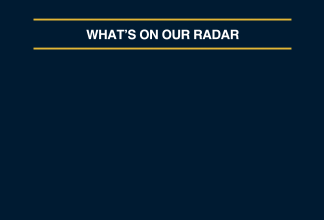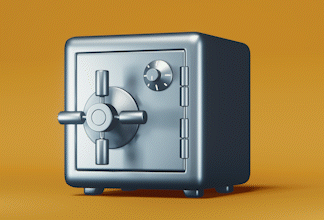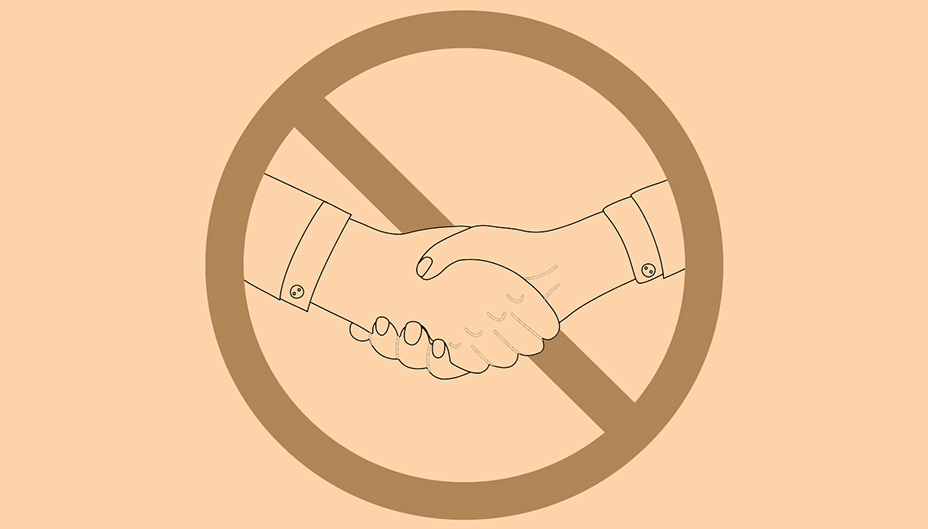How to Politely Decline a Handshake
Written by The Content Team
Published on March 12, 2020
minute read
Share:
Let's shake on it? Let's not…
In an attempt to tamp down the spread of the novel coronavirus, which the World Health Organization has officially declared a pandemic, people everywhere are hyper-vigilant about keeping their hands clean. As a result, hand-shaking is under extreme scrutiny, with unofficial and official recommendations against it cropping up all over. In fact, Canada's Minister of Health reportedly predicted we'll be bumping elbows a decade from now because of the current outbreak. But old habits die hard, and the tradition of shaking hands as a gesture of goodwill goes back centuries, so it's no surprise that grinding it to a halt has proven a little awkward.
How awkward? Earlier this week, concluding a televised press conference to announce a "no handshake" rule, the Dutch prime minister, Mark Rutte, shook the hand of the head of infectious disease control at the Dutch public health board. Much fumbling ensued. But Rutte is not the only high-profile figure who's having a hard time retiring the handshake. Others have likewise goofed, while Donald Trump has outright refused to stop shaking hands.
All of this begs the question: What should you do when faced with the outstretched hand of a well-intentioned person? For those who want to keep their hands to themselves without losing face, we did some research and created this three-step handshake-declining protocol:
1. Acknowledge the awkward
Whether it's a high-five, fist bump or handshake, leaving someone hanging is uncomfortable. No matter how you handle it, it is a definitive rejection. Thus, some version of "I know this is awkward, but…" could help put the other person at ease.
2. Explain your position
You are breaking a social contract, so offering an explanation is a good idea. You don't have to rattle off stats or offer apologies. Craft whatever response feels authentic to you, and practice it in advance (you don't want to be caught tongue-tied in the moment). Here's ours: “With the coronavirus spreading – better safe than sorry!" *insert shrug here*
3. Suggest an alternative
All manner of hands-free greetings have emerged, including foot taps and the aforementioned elbow bumps. Whatever speaks most to you, offering up an alternative can help you and the other person put any initial discomfort behind you.
Do you have any suggestions for traversing this tricky social situation? We'd love to hear it. Leave a comment to share your thoughts.
For a roundup of coronavirus coverage, plus timely reminders and tools that can help when markets are volatile, click here.
RBC Direct Investing Inc. and Royal Bank of Canada are separate corporate entities which are affiliated. RBC Direct Investing Inc. is a wholly owned subsidiary of Royal Bank of Canada and is a Member of the Canadian Investment Regulatory Organization and the Canadian Investor Protection Fund. Royal Bank of Canada and certain of its issuers are related to RBC Direct Investing Inc. RBC Direct Investing Inc. does not provide investment advice or recommendations regarding the purchase or sale of any securities. Investors are responsible for their own investment decisions. RBC Direct Investing is a business name used by RBC Direct Investing Inc. ® / ™ Trademark(s) of Royal Bank of Canada. RBC and Royal Bank are registered trademarks of Royal Bank of Canada. Used under licence.
© Royal Bank of Canada 2025.
Any information, opinions or views provided in this document, including hyperlinks to the RBC Direct Investing Inc. website or the websites of its affiliates or third parties, are for your general information only, and are not intended to provide legal, investment, financial, accounting, tax or other professional advice. While information presented is believed to be factual and current, its accuracy is not guaranteed and it should not be regarded as a complete analysis of the subjects discussed. All expressions of opinion reflect the judgment of the author(s) as of the date of publication and are subject to change. No endorsement of any third parties or their advice, opinions, information, products or services is expressly given or implied by RBC Direct Investing Inc. or its affiliates. You should consult with your advisor before taking any action based upon the information contained in this document.
Furthermore, the products, services and securities referred to in this publication are only available in Canada and other jurisdictions where they may be legally offered for sale. Information available on the RBC Direct Investing website is intended for access by residents of Canada only, and should not be accessed from any jurisdiction outside Canada.
Explore More

Here’s What Every Canadian Should Know About Estate Planning
Insights from Leanne Kaufman to help you feel more confident as you plan
minute read

3 Things We're Watching This Week
What the Inspired Investor team is watching
minute read

What’s Driving the Recent Surge in Gold Prices
Here are some things to watch with the gold market
minute read
Inspired Investor brings you personal stories, timely information and expert insights to empower your investment decisions. Visit About Us to find out more.







